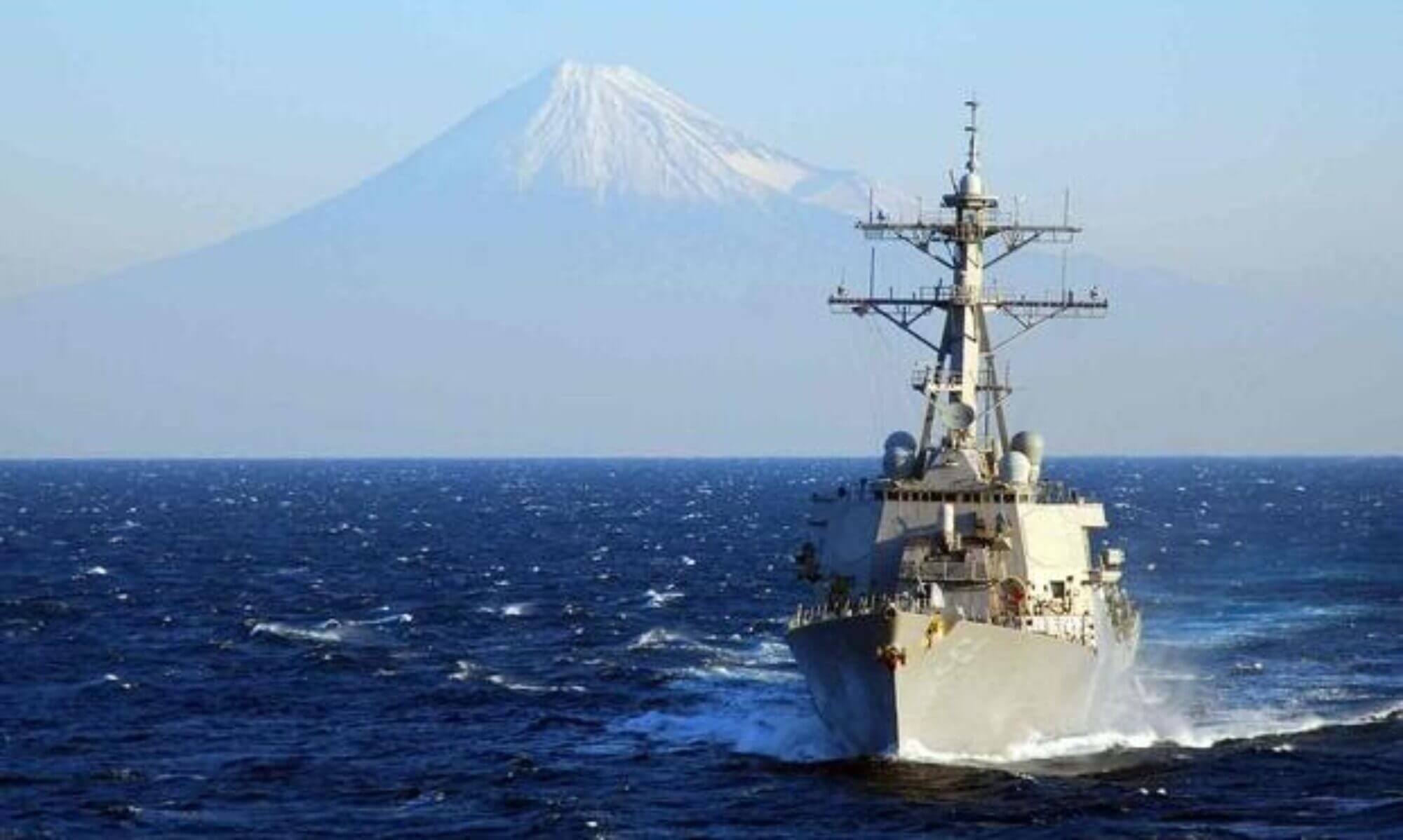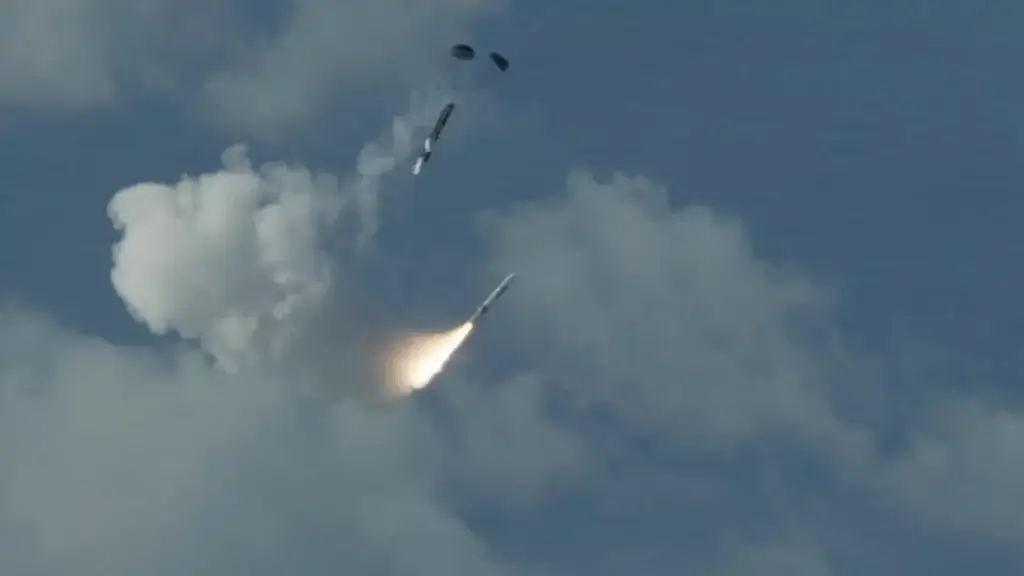
By Bill Cullifer, Founder and Advocate-in-Chief, Americans for a Stronger Navy
Editor’s Note:
This article is offered as a thought-provoking contribution to the national conversation on military reform and accountability. It is not intended to endorse or oppose any political figure or party. Instead, it invites discussion about how innovation, transparency, and forward-thinking leadership can help strengthen the U.S. Navy for the challenges ahead.
Introduction
While watching Bret Baier’s recent FOX special on the Department of Government Efficiency (DOGE), I found myself thinking: what if this wave of government reviews hits the U.S. Navy? Could it be a disaster—or could it actually make the Navy stronger?

As someone who served in the Navy and now leads Americans for a Stronger Navy, I know how complex and mission-critical our maritime forces are. You can’t simply apply a Silicon Valley mindset to a warship or a global logistics chain. And yet, listening to the cabinet members speak about their departments being put under the microscope, it struck me: those who embrace scrutiny might come out leaner, smarter, and more ready for the future.
The Risk
DOGE could become a blunt instrument. If reformers misunderstand the Navy’s mission, they might cut where they shouldn’t. They might sideline the experience of sailors and shipbuilders, and leave readiness vulnerable in the name of short-term savings.
The Opportunity
But if the Navy leads from the front—inviting review, owning its challenges, and showcasing innovation—it could become a national model. Not just for efficiency, but for integrity and transformation. It could even spark a new wave of public trust.
A Pattern of Problems We Can’t Ignore
This isn’t just theory—it’s backed by years of Government Accountability Office (GAO) reporting. In its March 2025 report, the GAO stated bluntly that despite nearly doubling the Navy’s shipbuilding budget over the past 20 years, the fleet has not grown.
Programs like the Zumwalt-class destroyers, Littoral Combat Ships, and Constellation-class frigates have been riddled with incomplete designs, delays, weak business cases, and massive cost overruns. The Constellation-class, for example, began construction before its design was finalized—despite being based on a proven European frigate.
Since 2015, the GAO has made 90 recommendations to improve Navy shipbuilding. Only 30 have been addressed. That’s not just bureaucratic foot-dragging—it’s a pattern that puts our national security and naval strength at risk.
A Broader Mandate for Reform
This isn’t happening in a vacuum. On March 29, 2025, Defense Secretary Pete Hegseth issued a memo launching the Workforce Acceleration and Recapitalization Initiative, ordering a top-down realignment of the Department of Defense’s civilian workforce.
The initiative seeks to reduce duplication, cut excessive bureaucracy, and redirect resources to the front lines. It reopens the Deferred Resignation Program, encourages early retirement, and requires senior leaders to propose leaner organizational charts—aiming to build a force that is “lean, mean, and prepared to win.”
Whether you agree with the approach or not, reform is no longer optional. The question is whether the Navy will lead the charge—or be dragged into it.
Civic Engagement
Americans for a Stronger Navy exists to engage the public, ask hard questions, and help translate naval strength into civic understanding. We believe a strong Navy and a responsible government go hand in hand. If DOGE enters the shipyard gates, we’ll be watching—not to tear down, but to help build back smarter.
Let’s make sure this moment strengthens the fleet, not weakens it.
Call to Action
We invite you to be part of the conversation. Share your thoughts, experiences, or concerns by visiting StrongerNavy.org on twitter.
Also, check out our new educational series:
“China, Russia, and America: Navigating Global Rivalries and Naval Challenges”—a 23-episode initiative that explores the past, present, and future of naval power and why it matters to every American.
Let’s make sure the American people don’t just support the Navy—they understand why it matters.









